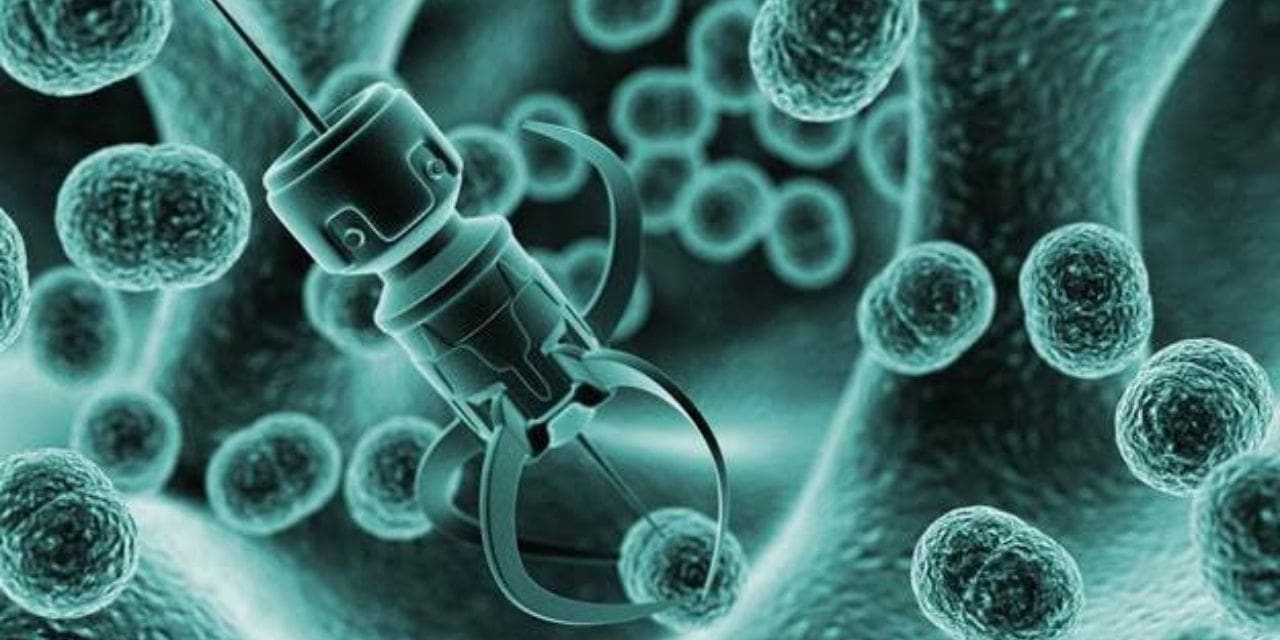Nano-biotechnology is revolutionizing the healthcare industry by leveraging nanoscale technologies to improve the efficacy and precision of treatments and diagnostics. Nanomaterials, such as nanoparticles and quantum dots, are integral to this field, enabling novel approaches to drug delivery and imaging. Nano-devices, including nanosensors and nanorobots, are increasingly being used in diagnostics and therapeutics. The market also includes reagents, such as nano-coatings and nano-carriers, which enhance biomedical research and clinical applications. As an industry, nano-biotechnology has become a cornerstone of modern healthcare innovation, with applications spanning pharmaceuticals, diagnostics, and regenerative medicine.
The Nano-Biotechnology Market is an interdisciplinary field at the convergence of nanotechnology and biotechnology, focusing on the manipulation of biological systems at the nanoscale to develop advanced applications in healthcare, diagnostics, and research. The market is characterized by innovations in nanomaterials, devices, and reagents, which enable breakthroughs in areas such as drug delivery, diagnostics, imaging, gene delivery, and tissue engineering. With its transformative potential, nano-biotechnology is driving significant advancements in medical science and opening up new frontiers for precision medicine.
Competitive Landscape
The nano-biotechnology market is marked by intense competition and rapid innovation, with numerous players actively developing and commercializing products. Leading companies are investing heavily in research and development to introduce advanced nanomaterials and nano-devices. Academic institutions and research organizations also play a pivotal role in advancing the technology. Strategic collaborations between biotech firms and nanotech companies are becoming increasingly common, driving the commercialization of nano-biotech applications. Additionally, government and private funding are accelerating research activities, fostering a highly competitive environment.
Emerging Trends
Several emerging trends are shaping the nano-biotechnology market. Among these, targeted drug delivery systems using nanoparticles are gaining traction due to their ability to minimize side effects and maximize therapeutic efficacy. Nanodiagnostics, involving nanosensors and nanoprobes, are becoming more sophisticated, enabling earlier and more accurate disease detection. Advances in gene delivery technologies, utilizing nanocarriers, are paving the way for innovative treatments for genetic disorders. Additionally, the integration of artificial intelligence (AI) with nano-biotechnology is emerging as a powerful trend, allowing for better analysis and optimization of nanoscale interventions.
Market Dynamics
The market is driven by the rising demand for personalized medicine, advancements in nanotechnology, and increasing investments in healthcare innovation. Nano-biotechnology plays a critical role in addressing challenges in drug development and delivery, offering solutions for diseases that were previously difficult to treat. However, the market also faces challenges, including high development costs, regulatory hurdles, and concerns over the safety and ethical implications of nanotechnology. Despite these challenges, the market’s growth is supported by a strong pipeline of nano-biotech products and a growing focus on disease prevention and early diagnosis.
Opportunities and Challenges
The market presents substantial opportunities, especially in oncology, where nano-biotechnology is being used to enhance cancer diagnostics and treatment. Tissue engineering and regenerative medicine are other promising areas, with nanomaterials enabling the creation of more effective scaffolds for tissue regeneration. However, the market must navigate challenges such as the lack of standardized regulations and the need for comprehensive safety assessments. Overcoming these barriers is crucial for achieving widespread adoption of nano-biotechnology solutions.
Future Outlook
The future of the nano-biotechnology market is highly promising, with advancements expected to transform the landscape of healthcare and biomedical research. Innovations in nanomedicine, nanodiagnostics, and gene therapy are likely to drive market growth. The development of cost-effective manufacturing processes and enhanced regulatory frameworks will also play a pivotal role in shaping the market’s trajectory. By 2034, nano-biotechnology is expected to be a cornerstone of precision medicine, offering solutions that are safer, more effective, and more accessible.
Consumer Behavior
As the applications of nano-biotechnology expand, consumer behavior is evolving. There is a growing demand for targeted therapies and minimally invasive diagnostics, driven by increasing awareness of advanced treatment options. Consumers are also becoming more informed about the benefits of nanotechnology in improving health outcomes, particularly in areas such as cancer therapy and chronic disease management. The emphasis on cost-effectiveness and accessibility is also influencing consumer preferences, particularly in emerging economies.
Regional Analysis
The nano-biotechnology market shows significant regional variation in terms of adoption and development. North America dominates the market due to its advanced healthcare infrastructure, strong research capabilities, and substantial investments in nanotechnology. Europe follows closely, with a focus on research and innovation in biotechnology and nanotechnology. The Asia-Pacific region is expected to witness rapid growth, driven by increasing healthcare spending, a growing focus on biomedical research, and supportive government initiatives in countries like China and India. Meanwhile, emerging markets in Latin America and the Middle East are also showing potential, fueled by improving healthcare systems and rising demand for advanced medical technologies.

